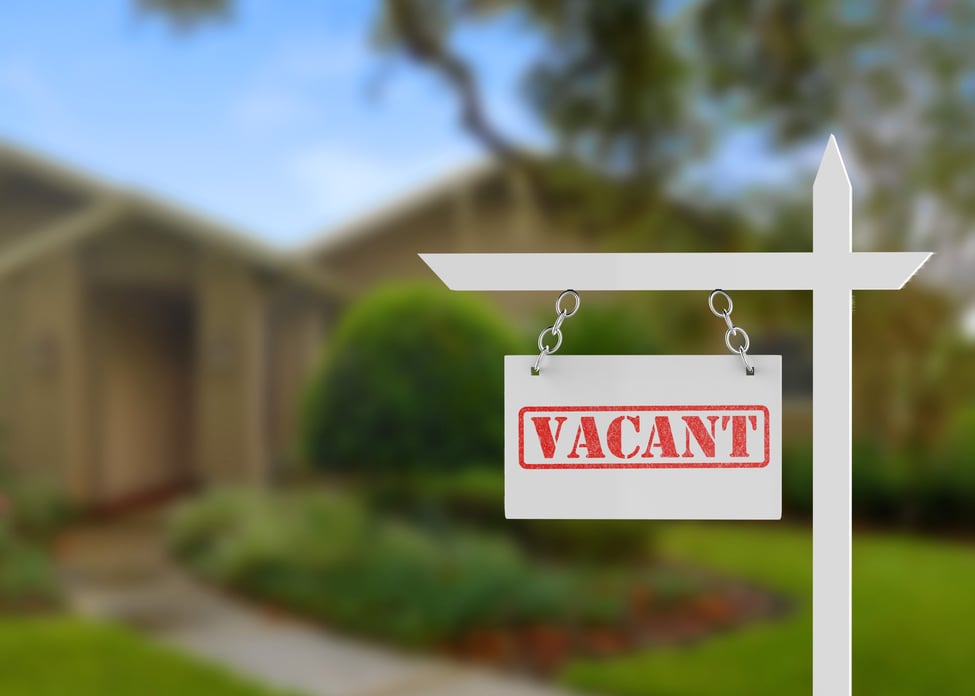Despite facing opposition from five councillors seeking to scrap the program, Toronto's vacant home tax will continue with significant revisions for the 2024 taxation year. Originally introduced in 2021 to bolster housing supply by discouraging residential property vacancy, the tax rollout encountered widespread criticism from both the public and council members.
Acknowledging Mistakes
Councillor Frances Nunziata candidly admitted to reporters at city hall that there were shortcomings in the program's implementation. With over 120,000 complaints received, including from homeowners who asserted their properties were occupied despite receiving vacant home tax notices, it became evident that adjustments were necessary to address the program's flaws.
Key Revisions
The revised vacant home tax program entails several crucial changes. Firstly, late fees will be waived for individuals who failed to declare their occupancy status by the March 15 deadline. Additionally, those who already paid the fee for the 2023 tax year will receive refunds. Mayor Olivia Chow emphasized her commitment to taking full responsibility for ensuring the success of the revamped program in the upcoming year, acknowledging the need to rectify past mistakes.
Magnitude of Vacancy
A report from city staff revealed that approximately 167,000 homes in Toronto were deemed vacant after the March 15 deadline, accounting for over 20 percent of all residential properties in the city. This stark contrast to the mere 11,000 homes deemed vacant in 2023 underscores the urgency of addressing the program's implementation challenges.
Focus on Vulnerable Groups
One of the primary objectives of the vacant home tax overhaul is to enhance accessibility and user-friendliness, particularly for vulnerable groups such as seniors. Councillor Frances Nunziata highlighted the difficulties faced by seniors, many of whom lack access to computers and struggled with the declaration process. The revisions will explore options to streamline reporting mechanisms and accommodate the needs of these demographic segments.
Consideration of Utility Usage Data
Another proposed revision involves leveraging utility usage data, such as water and hydro consumption, to assess property occupancy status. This alternative approach aims to supplement the owner opt-out method currently utilized and enhance the accuracy of vacancy determinations.
Reflections on Leadership
Councillor Brad Bradford, among the councillors advocating for the tax's abolition, criticized the mayor's leadership in overseeing the program's rollout. Emphasizing the importance of effective communication and collaboration between city officials and civil servants, Bradford underscored the need for thorough deliberation and consultation in implementing council directives.
As Toronto moves forward with the revised vacant home tax program, addressing past shortcomings and prioritizing inclusivity and effectiveness will be paramount. By learning from past mistakes, soliciting community feedback, and implementing robust solutions, the city aims to ensure that the program achieves its intended objectives while mitigating adverse impacts on residents, particularly vulnerable groups.

